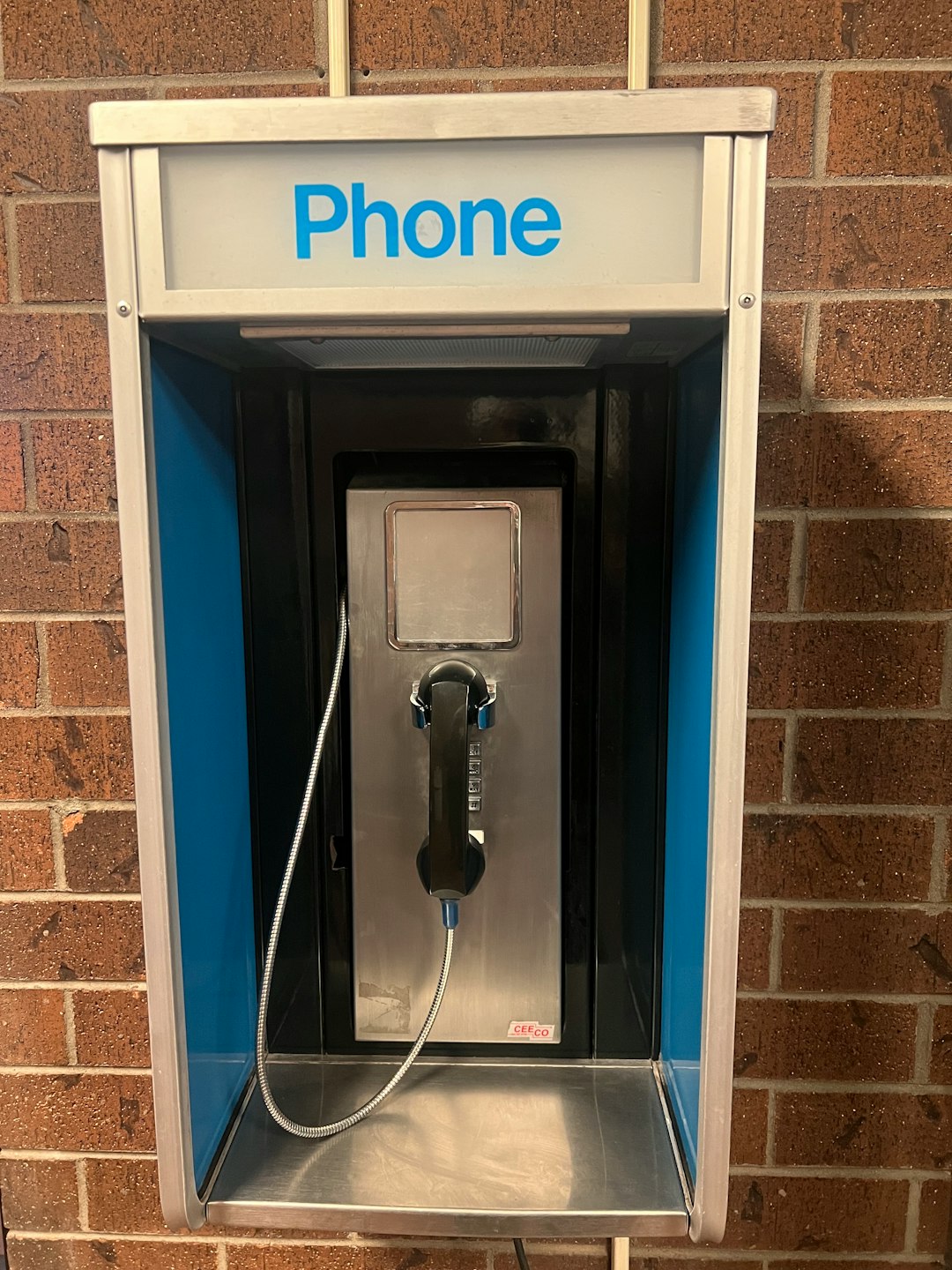Spam calls, including sales pitches, scams, and debt collector threats, are a common problem for Nebraskans, causing stress, disrupting routines, and invading privacy. This section equips residents with knowledge about their rights against spam call lawyers Nebraska, legal options to handle these calls, and effective strategies like do-not-call listings, call blocking apps, and community sharing of successful methods. Spam call lawyers in Nebraska specialize in consumer protection laws and telemarketing regulations, guiding residents and representing them against excessive or deceptive marketing calls. Regular updates on laws and spammers' techniques are crucial to maintain an effective toolkit against nuisance calls.
Nebraska residents often face annoying and intrusive spam calls, which can significantly impact their daily lives. This article guides you through creating an advocacy toolkit to combat this issue. We’ll explore the effects of spam calls and the crucial role that spam call lawyers play in protecting Nebraskans’ rights. By understanding these aspects, we’ll build a comprehensive toolkit with effective strategies to reduce spam calls and empower residents to take control.
Understanding Spam Calls and Their Impact on Nebraska Residents

Spam calls, or unsolicited telephone marketing calls, are a prevalent issue for many Nebraska residents. While some calls may be harmless, others can be harassing and have severe impacts on individuals’ well-being. These unwanted calls often include sales pitches, scam attempts, or even threatening messages from debt collectors. Nebraska residents deserve protection from such intrusive and deceptive practices, which is why understanding the nature of spam calls and their effects is a crucial first step in combating this problem.
The constant barrage of spam calls can lead to increased stress levels, disrupt daily routines, and invade personal privacy. Many victims feel powerless against these persistent callers, especially when the calls become frequent or aggressive. This toolkit aims to empower Nebraska residents with knowledge about their rights, legal options, and strategies to deal with spam call lawyers effectively, ensuring a safer and more peaceful communication environment for all.
The Role of Spam Call Lawyers in Advocating for Nebraskans

Spam call lawyers in Nebraska play a pivotal role in advocating for residents’ rights against unwanted and fraudulent phone calls. These legal professionals are well-versed in consumer protection laws and have the expertise to navigate complex regulations surrounding telemarketing practices. By specializing in spam calls, they can offer tailored guidance and representation to Nebraskans facing excessive or deceptive phone marketing.
Their involvement is crucial in ensuring that residents’ privacy is respected and their consent is obtained before any marketing calls are made. Spam call lawyers educate both consumers and businesses about the legal boundaries of telemarketing, helping to create a safer and more transparent communication environment. They also serve as a powerful resource for those who have been harmed by spam calls, providing legal recourse and fighting for fair practices that protect Nebraska residents from harassment or misleading advertisements.
Building a Comprehensive Toolkit to Combat Spam Calls Effectively

To build a comprehensive toolkit for combating spam calls effectively, Nebraska residents should first gather essential resources. This includes educational materials that explain the legal rights and protections against spam calls, such as those provided by the Telephone Consumer Protection Act (TCPA). Local spam call lawyers Nebraska can offer valuable insights and guides on how to file complaints and seek legal recourse when necessary.
Additionally, the toolkit should include practical tools like do-not-call registry listings, call blocking apps, and automated systems for identifying and reporting spam calls. Encouraging residents to share their experiences and successful strategies within the community will enhance collective efforts. Regular updates on changing laws and technologies used by spammers are crucial to keep the toolkit relevant and effective.






